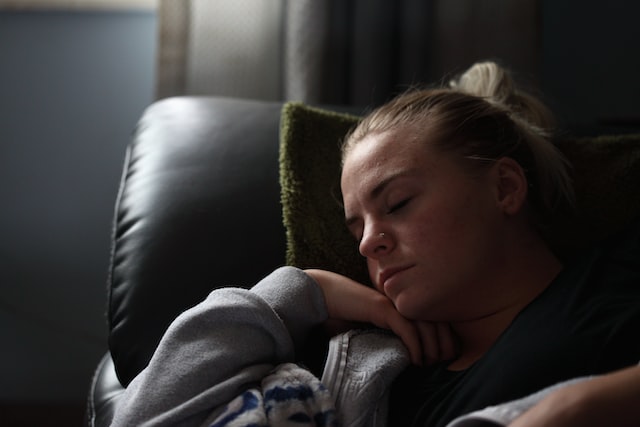
Sleep disorders affect many individuals, and can be related to a variety of causes and symptoms. Prescription medications are a common course of treatment for those who have difficulty on a regular basis with getting adequate and restful sleep every night.
A healthcare provider may prescribe sleeping medication based on their diagnosis of a sleep disorder and related clinical observations. Alternatively, you might arrive at the decision to try medication, especially if you have exhausted all other options.
Making a Choice Based on Potential Benefits and Risks
There are a wide variety of sleep medications to consider choosing from, depending on your needs and what your provider recommends. This requires an understanding of what medications are available and recommended for your clinical condition.
There are many different types of sleeping pills, each of which is designed to have a specific medicinal effect and all of which have the potential to cause adverse side effects that may outweigh the benefits.
The following are some pros and cons of commonly prescribed sleep medications to consider when deciding whether or not pharmacological treatment is your best option.
Pro: Short-Term Efficacy
When the right sleeping medications are taken properly as prescribed, they can rapidly take effect and help someone get back into a healthy and consistent sleep cycle. Although there is no such thing as a miracle cure for sleep disorders such as insomnia, the short-term efficacy of prescription sleep aids can prevent the development of health problems related to sleep deprivation.
Sleep deprivation can cause health complications such as:
- mood changes
- memory problems
- cognitive impairment
- high blood pressure
- weight gain
- risk of diabetes
- risk of heart disease
- weakened immunity
- impaired motor skills
Con: Side Effects
The potential side effects of sleep medications vary depending on the individual and can be caused by allergic reactions, pharmacological interactions with other medications, or other causes of negative responses in the body.
Common side effects of prescription sleep medications include:
- drowsiness
- dizziness
- impaired motor skills
- confusion
- fatigue
- nausea
- diarrhea
- gastrointestinal issues
- headaches
- constipation
- heartburn
- dry mouth or throat
More severe side effects such as altered mental state, erratic behavior, and increased risk of cancer can occur, especially when the medication is abused or taken with alcohol and other substances that can amplify the effects.
Pro: Simultaneous Treatment of Co-Occurring Disorders
Sleep disorders are often related to or caused by a coexisting health condition, such as sleep apnea and anxiety disorder. One of the advantages of prescription sleep medications is that they can simultaneously improve sleep while treating the symptoms of a co-occurring disorder.
Psychiatric and mood disorders are frequently related to the development of sleep disorders, and lack of sleep can exacerbate the symptoms and effects on mental health. Roughly 50% of insomnia cases are related to some form of depression, anxiety, post-traumatic stress disorder, or other mental health condition.
Medications prescribed for sleep also treat symptoms of anxiety or depression, such as certain antidepressants, benzodiazepines, antihistamines, and barbiturates. Pharmacological treatment combined with psychotherapy and other therapeutic interventions can address the symptoms of a sleep disorder while treating the underlying cause of sleep deprivation.
Con: Tolerance Development and Dependence Potential
Studies have shown that using any kind of sleeping aid long-term can do more harm than good, by interfering with the body’s natural REM cycle and circadian rhythm. All sleep aids have some level of potential for tolerance and dependence, even over-the-counter medications.
Depending on the type of prescription, certain medications are more likely to be abused when taken for too long or not used as prescribed. Benzodiazepines and barbiturates are particularly likely to lead to increased tolerance and subsequent addiction when they are used too frequently and to excess.
Pro: Instant Relief from Sleep Deprivation
Chronic sleep deprivation takes a toll on mental and physical health, and the longer it persists untreated, the worse the effects. Severe sleep deprivation can greatly impair mental function and exacerbate symptoms of a co-occurring or pre-existing mental health disorder.
For people who are affected by severe insomnia and other disorders that prevent them from sleeping, prescription medication can deliver fast relief, even if it is a temporary solution until the disorder is further diagnosed and treated.
Hey welcome to my blog . I am a modern women who love to share any tips on lifestyle, health, travel. Hope you join me in this journey!

Speak Your Mind